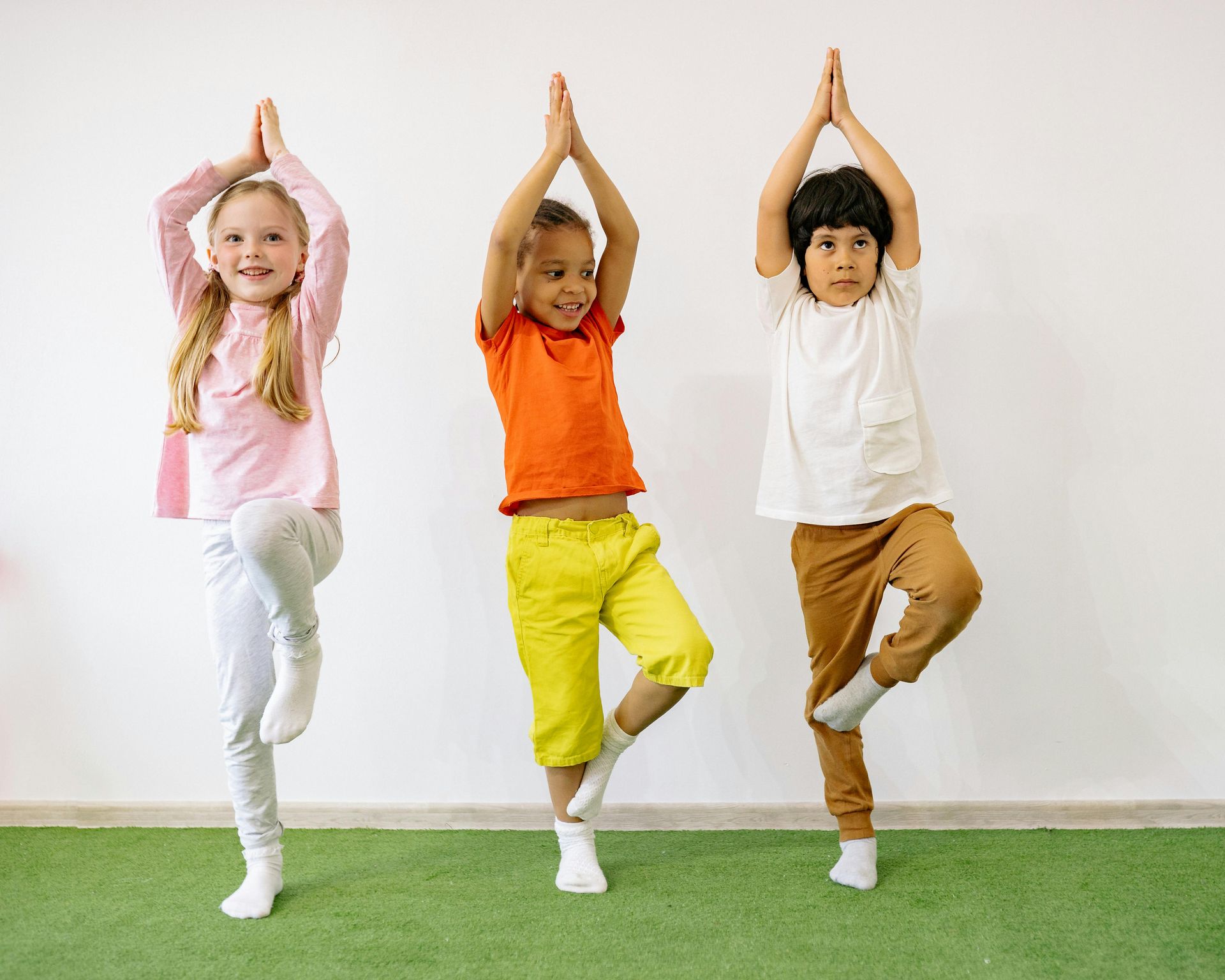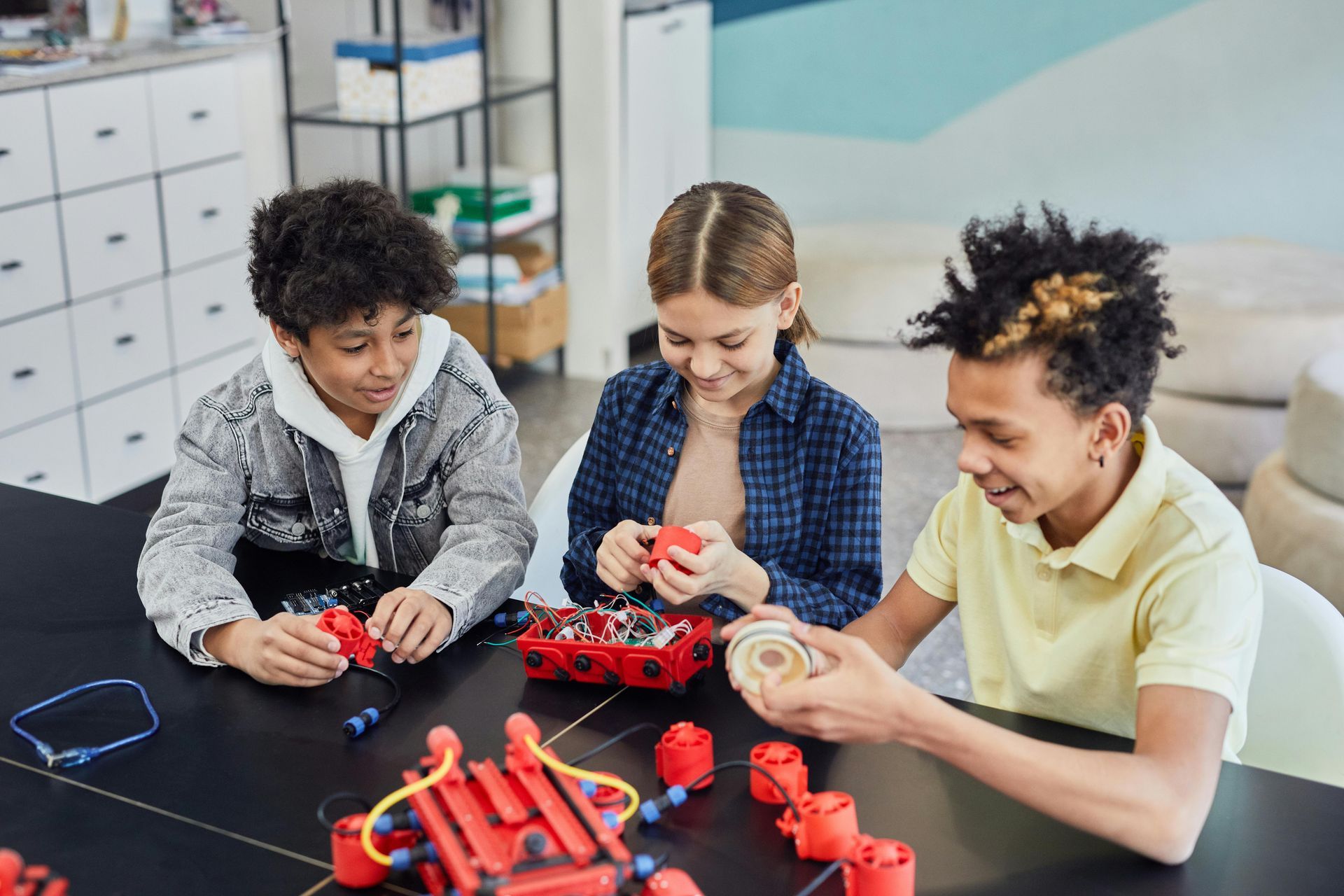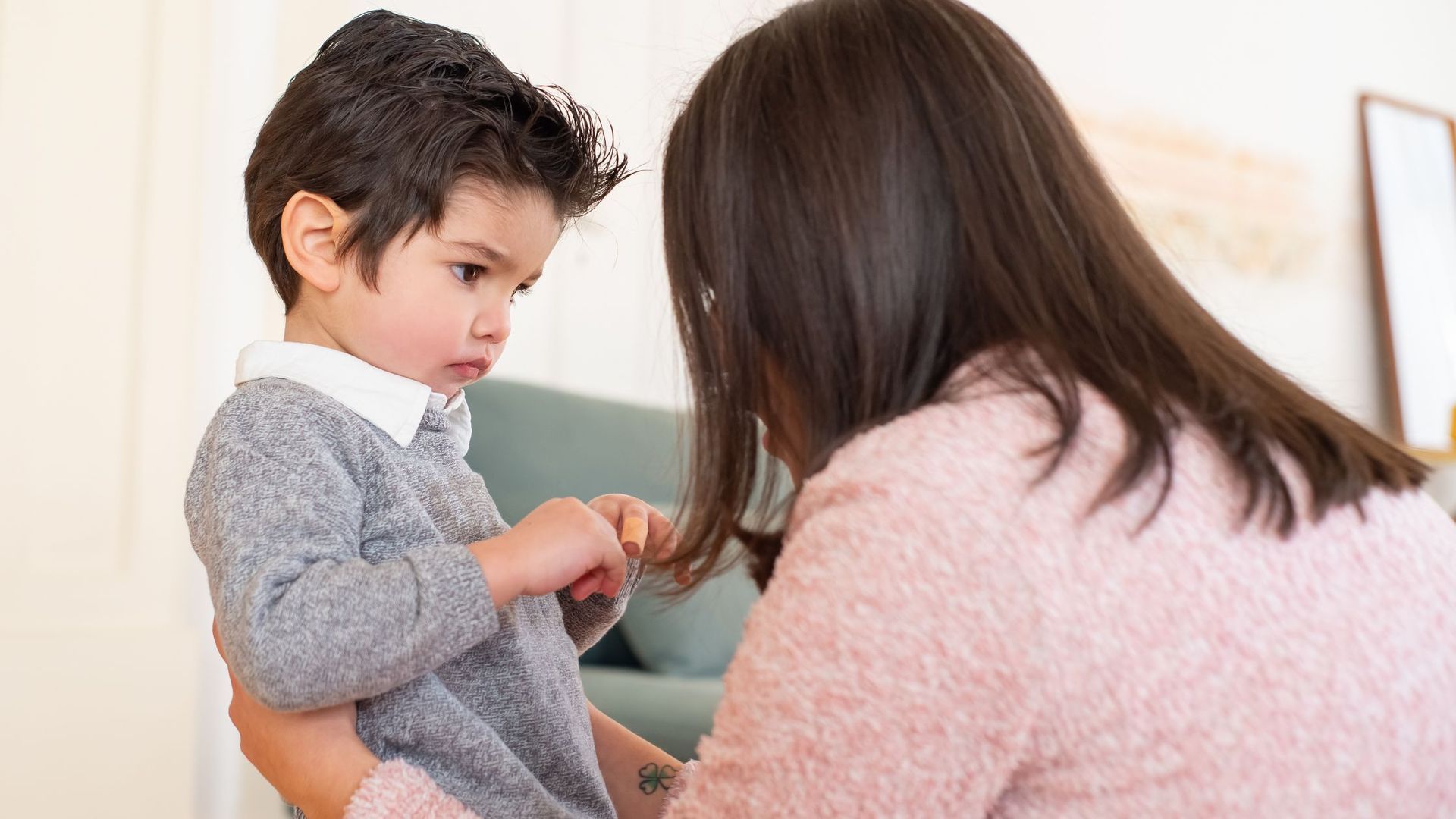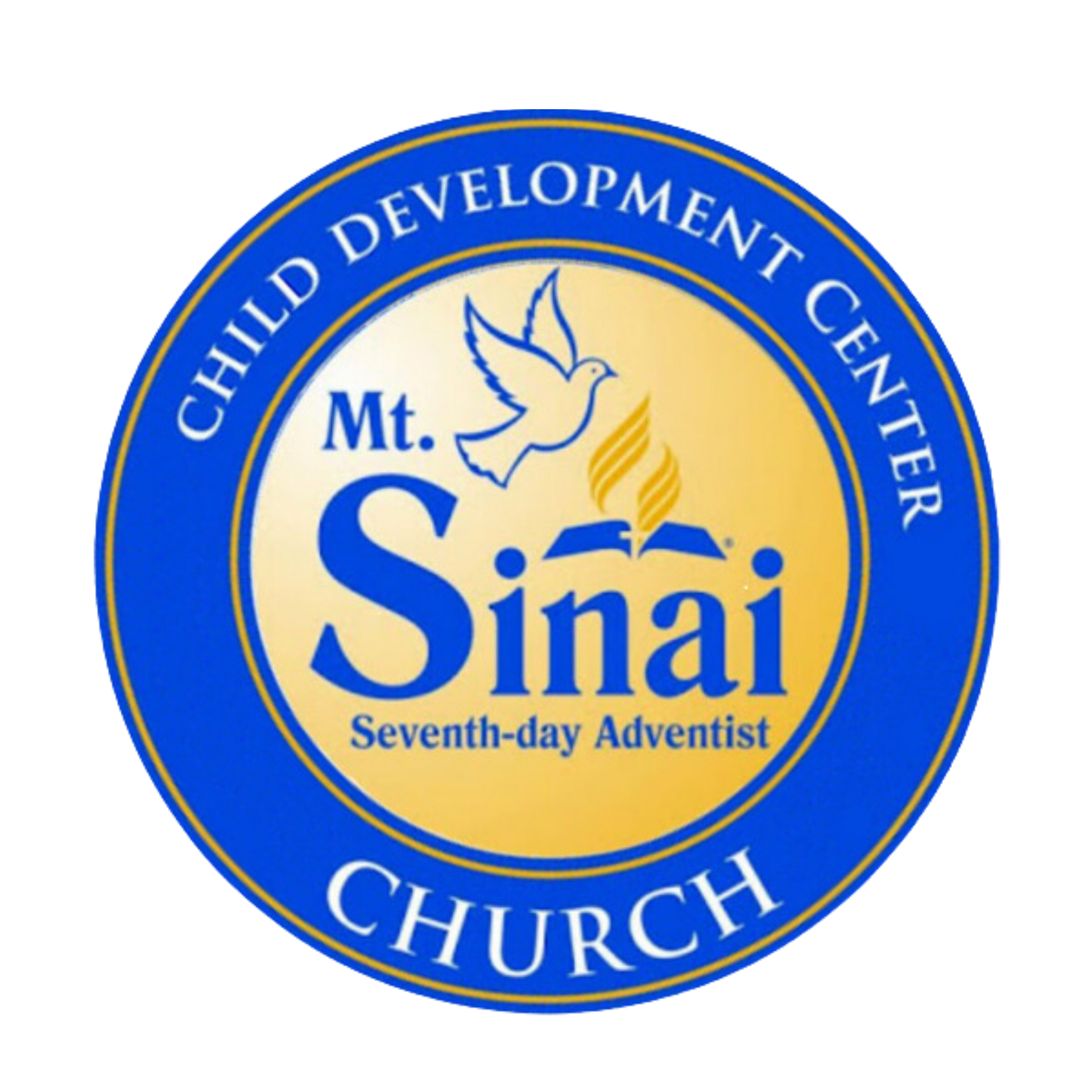Promoting Health and Wellness in Early Childhood at Mt. Sinai CDC

The Foundation of Health and Wellness in Early Childhood
Health and wellness are fundamental to a child’s overall development and well-being. During the early years of life, children are learning not only how to interact with the world around them but also how to take care of themselves physically and emotionally. At Mt. Sinai Children’s Development Center (CDC), we recognize the critical role that good health plays in early childhood development. By promoting a healthy lifestyle from an early age, we help children build the foundation for lifelong well-being.
In this blog post, we will explore how Mt. Sinai CDC integrates health and wellness into our daily curriculum. From nutrition and physical activity to emotional well-being and hygiene practices, we take a holistic approach to supporting the health of every child in our care. Let’s dive into the ways we foster a healthy environment where children can thrive.
1. Encouraging Healthy Eating Habits
Proper nutrition is essential for a child’s physical and cognitive development. The foods children eat during their early years not only affect their growth but also influence their energy levels, mood, and ability to learn. At Mt. Sinai CDC, we are committed to promoting healthy eating habits that will last a lifetime.
- Balanced Meals and Snacks: We ensure that children receive balanced meals and snacks that include a variety of food groups. Our meals are rich in fruits, vegetables, whole grains, and protein, providing the nutrients children need to grow strong and healthy. By offering nutritious options throughout the day, we encourage children to make healthy food choices and understand the importance of a balanced diet.
- Educating Children About Nutrition: At Mt. Sinai CDC, we believe that children should learn about healthy eating in fun and engaging ways. We incorporate nutrition lessons into our daily routine by talking about the benefits of eating different types of food. For example, we might read books about healthy foods, sing songs about fruits and vegetables, or involve children in preparing simple meals. By making nutrition a part of their learning experience, children gain an understanding of how food affects their bodies and how they can make good choices.
- Modeling Healthy Eating: Children are more likely to adopt healthy eating habits if they see the adults around them practicing those habits. Our teachers model healthy eating by enjoying nutritious meals and snacks alongside the children. This encourages children to develop positive associations with healthy foods and helps them understand that eating well is part of taking care of themselves.
Through a combination of balanced meals, nutrition education, and positive role modeling, we foster a culture of healthy eating at Mt. Sinai CDC that will benefit children throughout their lives.
2. Physical Activity for Healthy Bodies and Minds
Physical activity is another critical component of health and wellness in early childhood. Regular exercise not only promotes physical development but also supports cognitive function, emotional regulation, and social skills. At Mt. Sinai CDC, we provide children with ample opportunities for physical activity throughout the day.
- Active Play: We recognize that play is the primary way young children learn and explore the world around them. Our classrooms and outdoor spaces are designed to encourage active play, with a wide range of equipment and activities that promote movement and coordination. Whether it’s climbing on playground structures, running, jumping, or playing games like “Simon Says,” physical activity is an integral part of our daily routine.
- Gross Motor Skill Development: Physical activity is essential for the development of gross motor skills, which involve the large muscles of the body and include activities like walking, running, and jumping. We provide activities such as obstacle courses, dancing, and ball games that help children build strength, coordination, and balance. These activities also help improve children’s ability to focus and follow instructions, which are important skills for learning in the classroom.
- Promoting Emotional Health Through Movement: Physical activity is also a powerful tool for supporting emotional well-being. Exercise has been shown to reduce stress and anxiety, improve mood, and increase self-confidence. At Mt. Sinai CDC, we incorporate movement into our curriculum as a way to help children regulate their emotions and feel energized and happy. Activities like stretching, yoga, and guided relaxation help children develop a sense of calm and focus, promoting both physical and emotional health.
By providing regular opportunities for physical activity and movement, we help children develop healthy habits that will benefit them throughout their lives.
3. Teaching Personal Hygiene and Self-Care
Good hygiene practices are an essential part of maintaining health and wellness. Teaching children how to take care of their bodies not only helps prevent illness but also promotes self-esteem and independence. At Mt. Sinai CDC, we prioritize personal hygiene and self-care as part of our daily routine.
- Handwashing: Handwashing is one of the most effective ways to prevent the spread of germs and illnesses. We teach children the importance of washing their hands regularly, especially before meals and after using the restroom. Our teachers guide children through the proper handwashing technique, ensuring that they understand how to wash their hands thoroughly with soap and water. We also incorporate fun songs and activities to make handwashing an enjoyable habit.
- Oral Hygiene: We emphasize the importance of taking care of teeth and gums from an early age. Children are encouraged to brush their teeth after meals, and we teach them the proper brushing technique. Our teachers also talk to children about the importance of visiting the dentist and taking care of their teeth to prevent cavities and other dental issues.
- Independence in Self-Care: As children grow, they begin to take on more responsibility for their personal care. At Mt. Sinai CDC, we encourage children to practice self-care skills such as dressing themselves, tying their shoes, and brushing their hair. These activities promote independence, build fine motor skills, and help children develop confidence in their ability to take care of themselves.
By teaching personal hygiene and self-care, we empower children to take responsibility for their health and well-being, laying the foundation for lifelong healthy habits.
4. Promoting Emotional Wellness and Mental Health
A child’s emotional well-being is just as important as their physical health. At Mt. Sinai CDC, we recognize the importance of supporting children’s mental health and creating an environment where they feel safe, loved, and valued.
- Creating a Safe and Nurturing Environment: Children are more likely to thrive emotionally when they feel safe and supported. At Mt. Sinai CDC, we create a nurturing environment where every child feels comfortable expressing their emotions, asking for help, and receiving support. Our teachers build strong, trusting relationships with each child, offering comfort and guidance when needed. This sense of security is essential for promoting emotional wellness.
- Mindfulness and Relaxation: We incorporate mindfulness practices into our daily routine to help children develop self-awareness and emotional regulation skills. Activities like deep breathing, guided relaxation, and mindful listening help children become more aware of their thoughts and feelings and learn how to manage stress in a healthy way. By teaching mindfulness techniques, we empower children to recognize their emotions and respond to them in a calm and balanced manner.
- Positive Reinforcement and Encouragement: Positive reinforcement is a powerful tool for promoting emotional wellness. At Mt. Sinai CDC, we celebrate children’s achievements, no matter how small, and offer praise for their efforts. This boosts their self-esteem and encourages a positive mindset. We also teach children to recognize their own strengths and build resilience, helping them develop a strong sense of self-worth.
By promoting emotional wellness and mental health, we ensure that children are not only physically healthy but also emotionally balanced and resilient.
5. Partnering with Families for Health and Wellness
We believe that promoting health and wellness is a partnership between educators and families. At Mt. Sinai CDC, we work closely with parents and caregivers to ensure that children receive consistent support for their health and well-being at both school and home.
- Health Education for Families: We offer resources and information to families about nutrition, physical activity, hygiene, and emotional wellness. Through newsletters, workshops, and parent-teacher conferences, we provide families with the tools they need to support their child’s health and wellness at home.
- Encouraging Healthy Routines: We encourage families to establish healthy routines at home that complement the practices at Mt. Sinai CDC. This might include eating balanced meals, engaging in physical activity as a family, and setting aside time for relaxation and self-care.
- Communication and Support: We maintain open lines of communication with families to ensure that children’s health needs are being met. If a child has a specific health concern or needs additional support, we work together with parents to develop a plan that ensures the child’s well-being is prioritized.
By partnering with families, we ensure that health and wellness are prioritized both at Mt. Sinai CDC and at home, providing children with the consistency and support they need to thrive.
Conclusion: A Holistic Approach to Health and Wellness at Mt. Sinai CDC
At Mt. Sinai CDC, we believe that health and wellness are key components of early childhood development. Through promoting healthy eating habits, physical activity, hygiene, emotional wellness, and family partnerships, we create an environment where children can grow, learn, and thrive. By nurturing the whole child—physically, emotionally, and socially—we lay the foundation for lifelong health and well-being.















